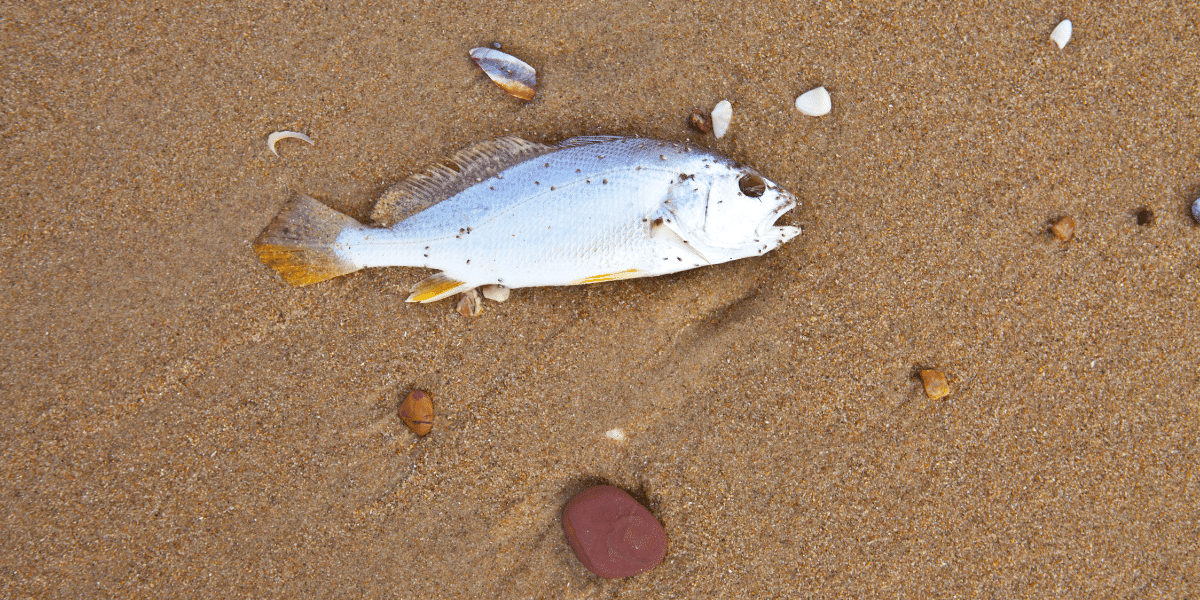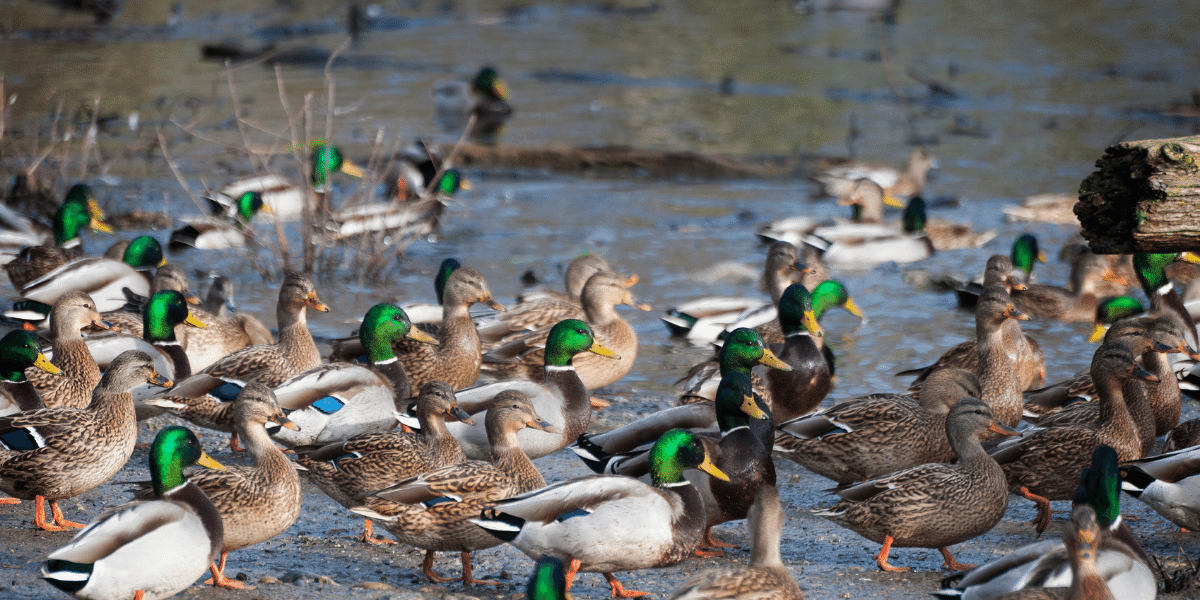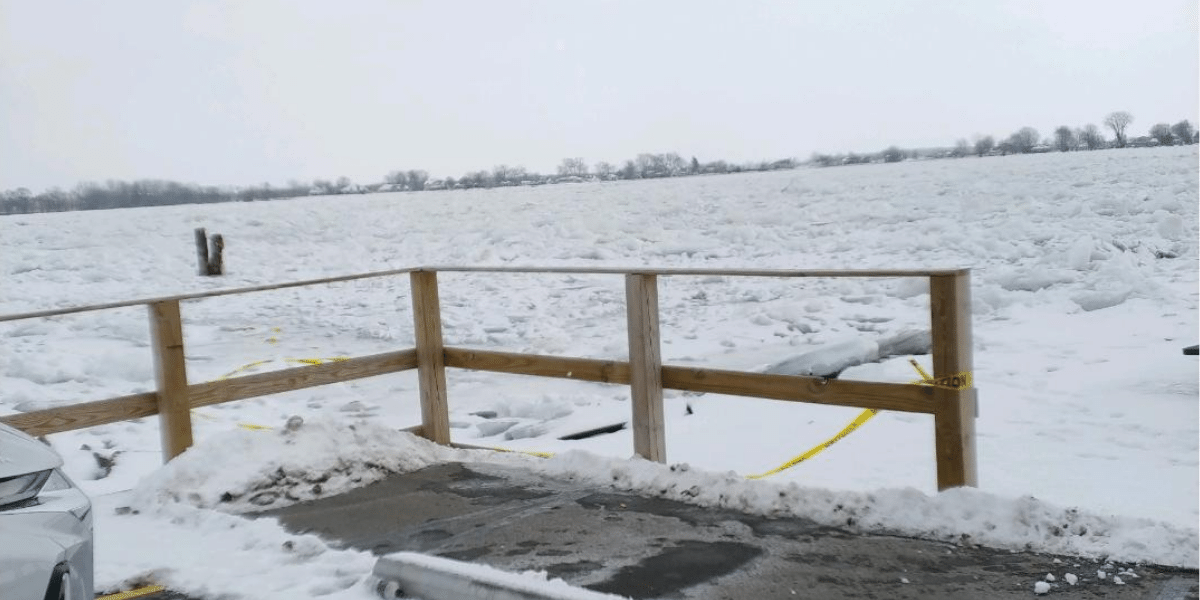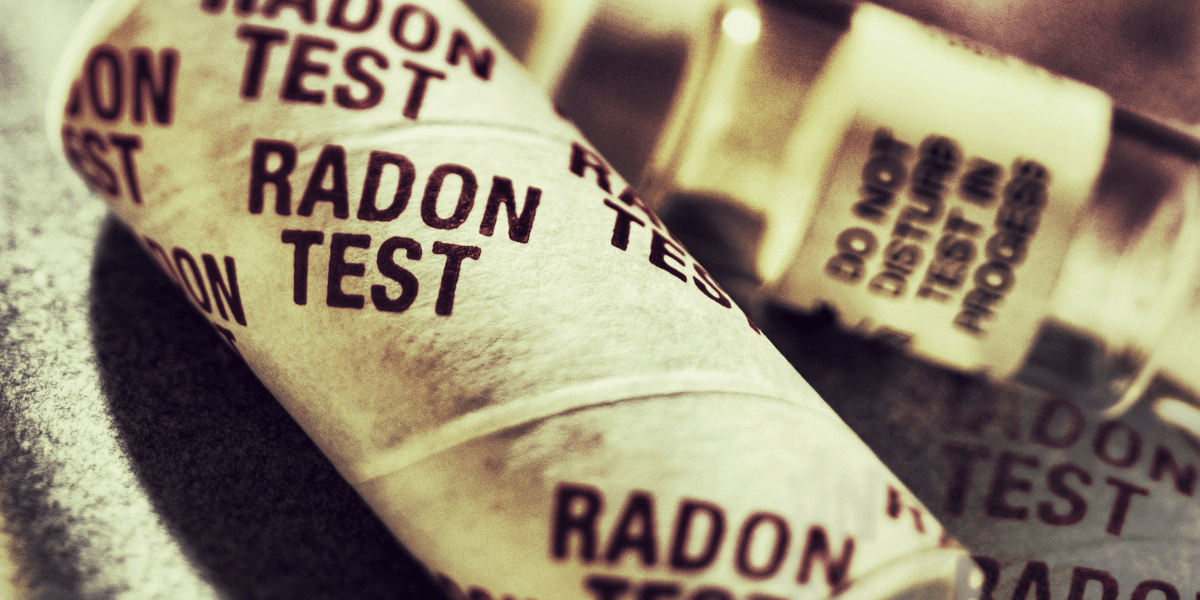DNR Predicts Heavy Natural “Winter Fish Kill”
Don’t be alarmed if you see dead fish in our waterways in the Blue Water Area. That is the message from the Michigan Department of Natural Resources.
Gary Whelan, DNR Fisheries Division research manager said, “Winterkill is the most common type of fish kill. As the season changes, it can be particularly common in shallow lakes, ponds, streams, and canals. These kills are localized and typically do not affect the overall health of the fish populations or fishing quality.”
Lake Huron is likely to have less fish kill, as it has substantial depth. But, canals, rivers, and streams in the area are susceptible to a more visible fish kill. Deep snowpack, as is the case on local rivers, can also increase fish kill as sunlight cannot get to the bottom of the water.
The dead fish that might be showing up soon have probably been dead for a month or so, according to the DNR. This winter caused significant stress for fish with cold temperatures and heavy snowfall.
The DNR welcomes reports on fish kills, so they can monitor the health of the waterways. Reports can be made at Michigan.gov/EyesInTheField.
Reporting for WGRT – Jennie McClelland






